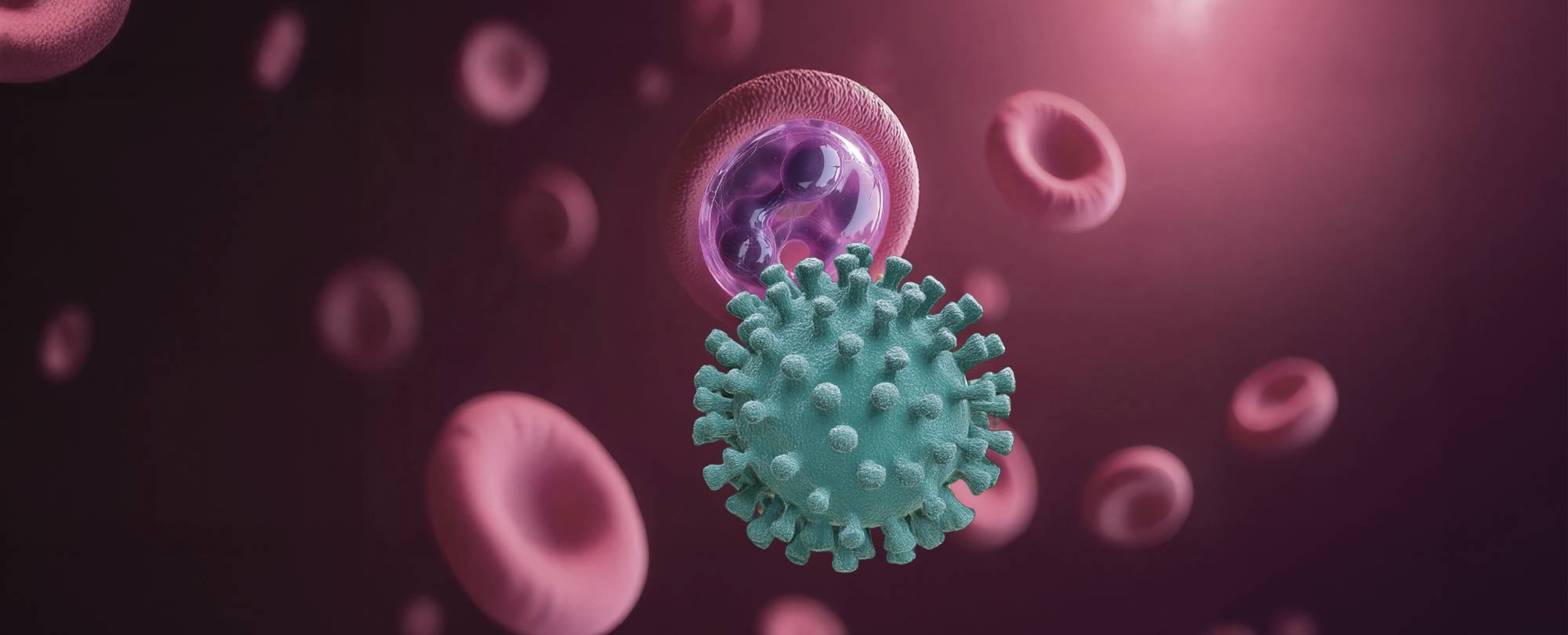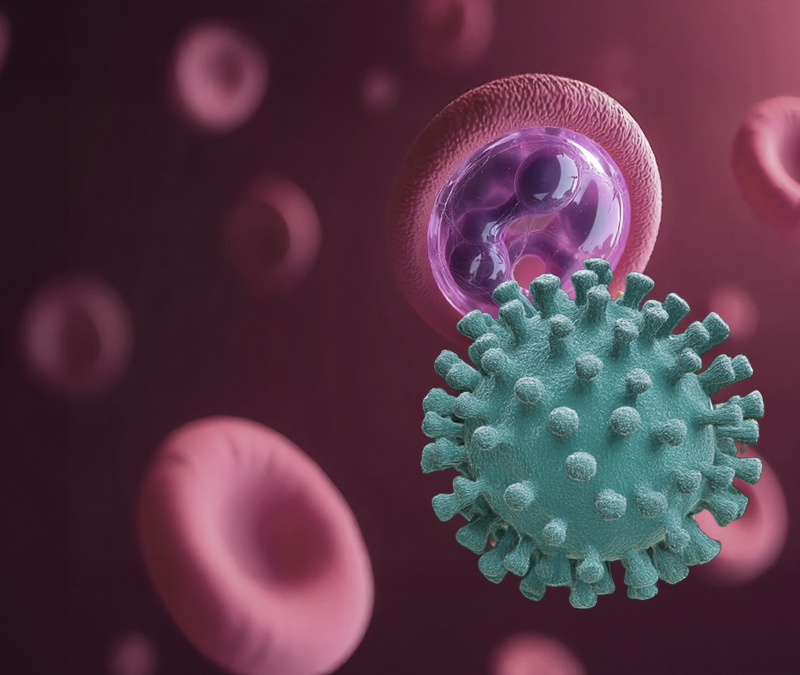What is CAR T-cell therapy?
A form of immunotherapy called CAR T-cell treatment (Chimeric Antigen Receptor T-cell therapy) fights cancer by utilizing the patient's own immune system. It includes:
- Taking white blood cells, or T cells, out of the patient's blood.
- In a laboratory, these T cells can be genetically altered to develop unique surface characteristics known as chimeric antigen receptors (CARs).
The transformed T cells are subsequently replicated and reinfused into the patient's circulation, where they locate and eliminate cancer cells. These CARs assist the T cells in identifying and targeting particular proteins on cancer cells.
Why and when is CAR T-cell therapy recommended?
Why it's recommended:
- It offers targeted, powerful, and long-lasting treatment.
- Especially used for blood cancers like:
- Acute lymphoblastic leukemia (ALL), which primarily affects children and adolescents
- DLBCL, or diffuse large B-cell lymphoma
- Mantle cell lymphoma.
- Multiple myeloma
When it's advised:
- When the illness has returned or when conventional therapies (such as radiation, chemotherapy, or stem cell transplantation) have not worked.
- When cancer is difficult to treat with traditional therapy or is aggressive.
How does CAR T-cell therapy differ from other treatment options?
CAR T-cell therapy is a highly specialized treatment that targets and kills cancer cells specifically using immune cells that have been genetically modified. Because CAR T-cell treatment is customized and created from a patient's own T cells, it is a highly targeted and precise approach, in contrast to chemotherapy or radiation, which kill rapidly dividing cells throughout the body—often damaging healthy cells as well. Radiation and chemotherapy, on the other hand, are less targeted and not tailored, which might result in a wider variety of adverse effects, such as immunological suppression, nausea, and hair loss. Although they can be customized (if the patient's own cells are utilized), stem cell transplants are not cancer-targeted therapies. Instead, they replace damaged bone marrow with healthy stem cells.
While stem cell transplants involve hazards like infections or graft-versus-host disease, CAR T-cell therapy usually causes immune-related adverse effects such cytokine release syndrome and neurological problems. While the efficacy of chemotherapy or stem cell transplantation can vary depending on the kind, stage, and general health of the patient, CAR T-cell treatment has demonstrated notable success, especially in relapsed or refractory blood malignancies.
How is life after CAR T-cell therapy?
CAR T-cell therapy is more frequently linked to immune-related adverse effects such cytokine release syndrome and neurological problems, despite the fact that stem cell transplants are also susceptible to infections and graft-versus-host disease. The type and stage of the cancer, as well as the patient's general condition, frequently affect how well chemotherapy or stem cell transplants work. But CAR T-cell therapy has produced amazing outcomes, especially when it comes to treating blood malignancies that have relapsed or are resistant to treatment.



